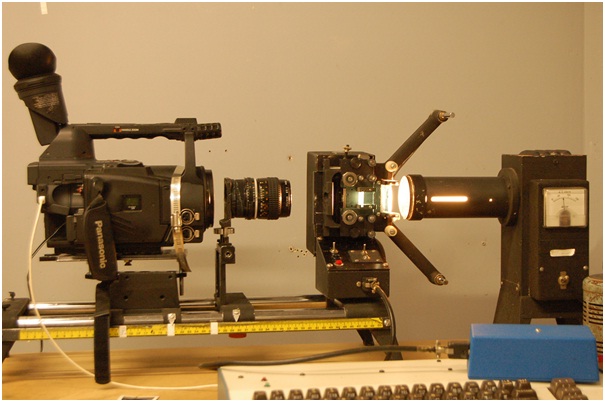With the invention of Digital photography and filming, filmmakers are able to shoot scenes and capture image in the highest of resolutions and variable light settings. The introduction of digital filming and editing technology, it became quiet convenient for the filmmakers to enhance the quality of the image and add several effects to it. When shooting a film, the quality often depends on the lens than on the recording format but digital formats often offer several advantages in terms of storage and amount of data being recorded. VFX or Visual Effects have gained huge popularity in digital filmmaking and is yet another advantage of using digital cameras and recording format. While the use of digital and traditional film photography is still debated among several renowned and experienced filmmakers, the conversion of films to digital format is quiet the rage amongst the filmmakers these days. To get the best results from your film to digital conversion it is often advised that people should avoid doing it themselves and hire the services of professionals. Here are a few reasons why you should not do film transfers yourself.

1. Lack of High Grade Equipment
When doing a transfer at home, it is quiet likely that you will not have access to high grade film scanners unless you own a fortune or are a film transfer professional yourself. One can buy a variety of DIY film scanners online, but professional quality scanners are quiet expensive and are only available with the film transfer companies and can scan a variety of film sizes from 8mm to 35mm into several convenient format according to the nature of use. The professional transfer and conversion services often possess and employ the most expensive and the most advanced equipments in the industry and hence the final product is often much more satisfactory than do-it-yourself transfer.
2. Film Conversion Isn’t A Walk In The Park
Several newer filmmakers tend to think that scanning and conversion is done by a machine and it would be beneficial for them to do their own film transfers. While the scanning is done by a machine, organizing the reels in proper order, choosing the correct conversion process and format, and color correction and editing has to be done by a professional to enhance the film detail while still retaining the original asthetics. Editing a movie isn’t something that can be learnt by fiddling with the equipment and requires professional know how.
3. Time Required For Proper Processing
Learning editing and processing the format is a time consuming process and is likely to become even more voluminous if you have decided to do it yourself. The lack of proper know-how and the cheap equipment can only cost you more time and efforts. Especially in case of damaged films, it is highly essential that they are handled by a professional who can easily restore and preserve your movie quickly and effectively. Shooting a film and editing are two different streams of education and it is quiet likely that most film makers are not quiet adept at editing and handling films.
4. No Guarantee Of Good Results
If you have decided to do the film transfer yourself, there is no guarantee that the finished product will be according to your liking. Like film making, editing is an art and a good film depends highly on the prowess of the editor. Transferring a film often involves improving and enhancing certain visual effects and picture quality that has to be done in a frame-by-frame format. Hiring the aid of a professional film transfer service will not only save you from the time and trouble of doing it yourself but will also ensure that the finished product is exactly the way you pictured it in your head.
Digital versus film has been an age old topic of debate among filmmakers and photographers as both have a fair share of pros and cons. Nevertheless storing your films in a digital format is often advised to protect your movies from physical damage. Most filmmakers should take the above reasons as guidelines before considering doing a film transfer themselves. Nevertheless, it is highly recommended to leave the job in the hands of professionals to receive satisfactory results and avoid wasting precious time and money on DIY methods.
Author Bio:
Luke Peters is a film making enthusiast and a movie buff. He likes watching international cinema and has written several reviews and posts across the internet and is also the content contributor for several websites related to filmmaking and editing.